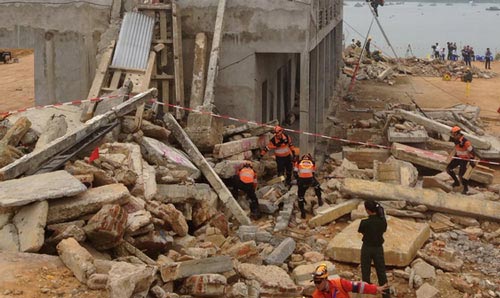
Centres, networks and clusters
Many of our research outputs derive from our internationally recognised history research centres, institutes and clusters.
Read more about the specialist work our research centres are involved in and get in touch if you would like to learn more or attend a future event.

Centre for Economic Cultures
The Centre for Economic Cultures investigates the cultural assumptions and social relationships that have shaped economic activity from the medieval period to the present day.

Humanitarian and Conflict Response Institute
The Humanitarian and Conflict Response Institute (HCRI) conducts rigorous research on the impact and outcomes of contemporary and historic crises.
Former research centres and institutes
The following centres and institutes are no longer producing work, but their legacy lives on in our historical teaching and research.
The Centre for Research on Socio-Cultural Change (CRESC) was a joint initiative between The University of Manchester and The Open University.
Our researchers worked across disciplinary boundaries drawing together approaches from the social sciences and the humanities more generally.
Committed to exploring new methods and to engaging critically with existing methods, we also assumed a reflexive approach to how methods actively shape our research on the multi-dimensional aspects of social and cultural change.
The Research Institute for Cosmopolitan Cultures (RICC) responded to a world in which global restructuring and growing inequalities are fuelling religious and ethnic conflicts and growing national anxieties, as well as movements for social justice, reconciliation, interconnection, and the development of common perspectives.
RICC provided a framework for scholars at the University of Manchester to collaborate with international researchers through the examination of the distinctive features of contemporary cosmopolitanism. Providing the context for an ongoing and open debate about the meaning and significance of this term, both historically and for contemporary culture, lay at the heart of the aim of this Institute.


